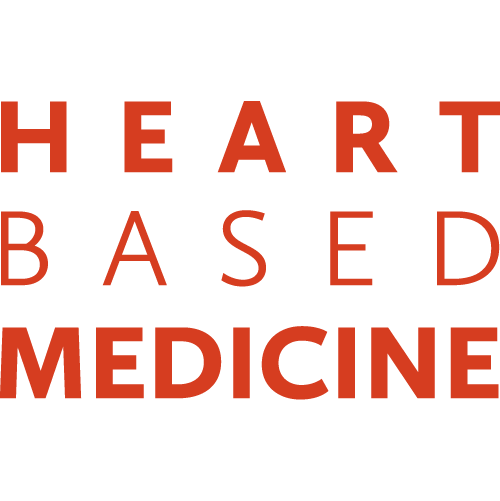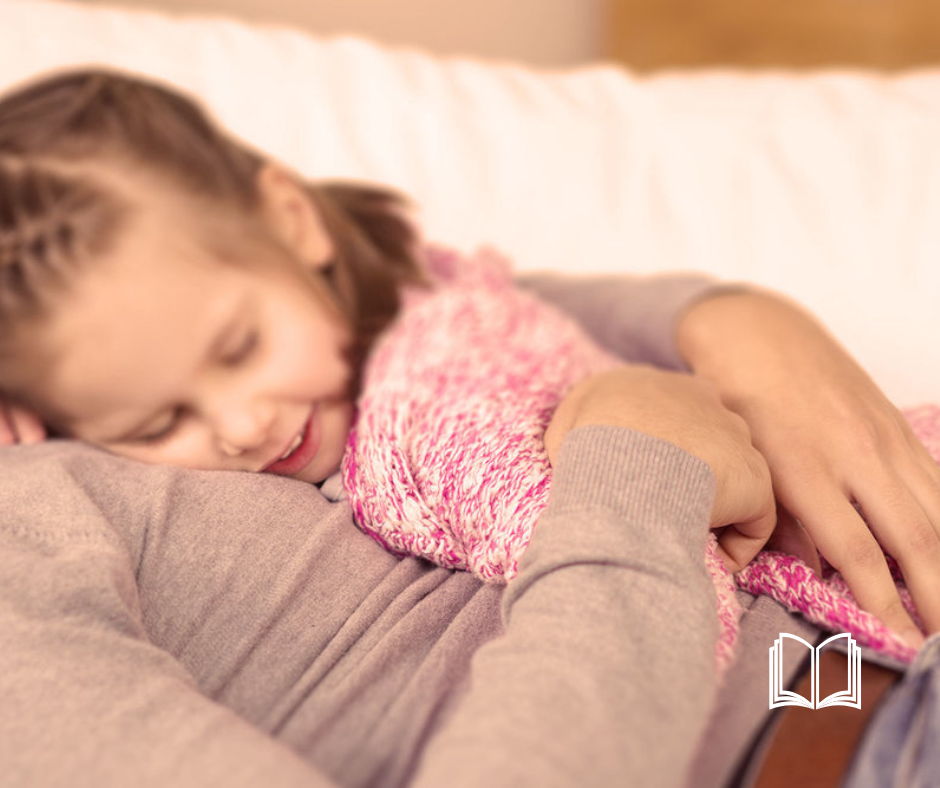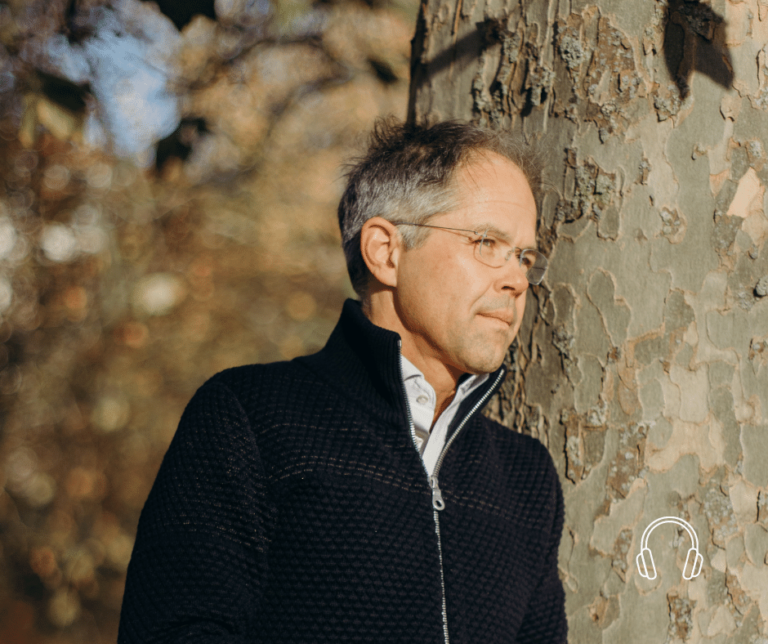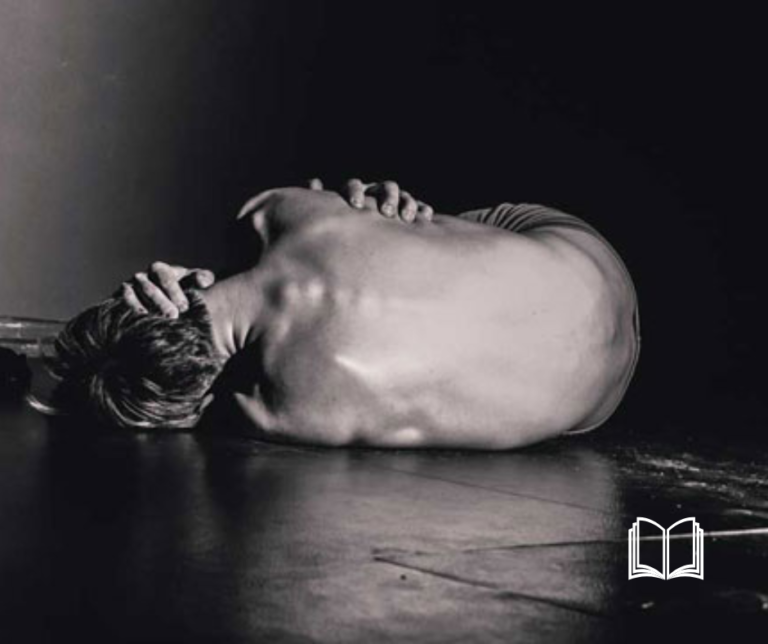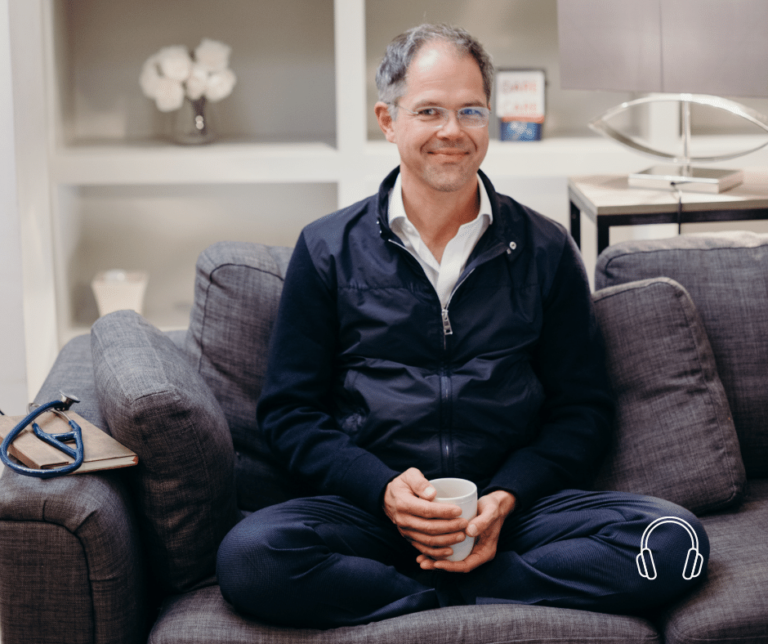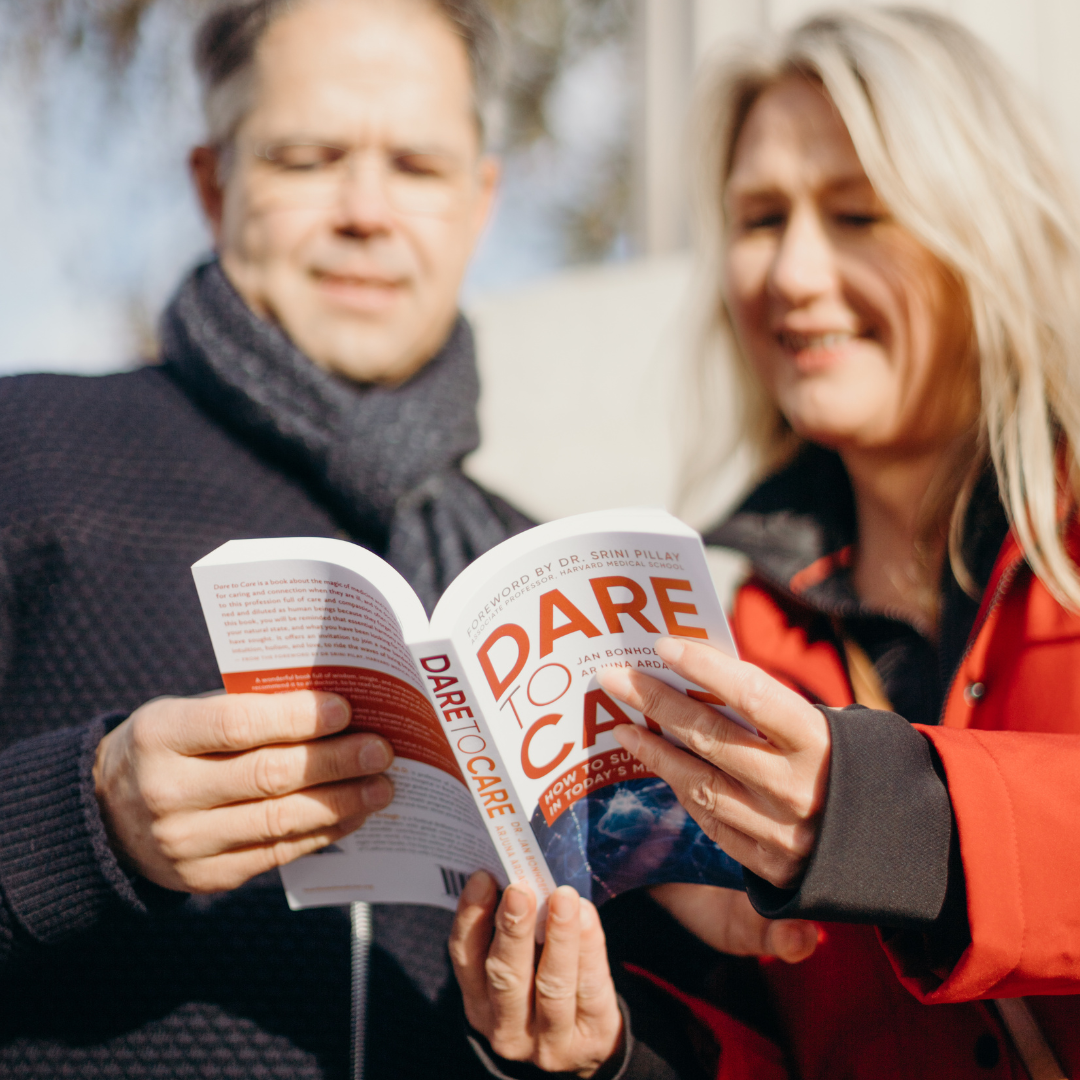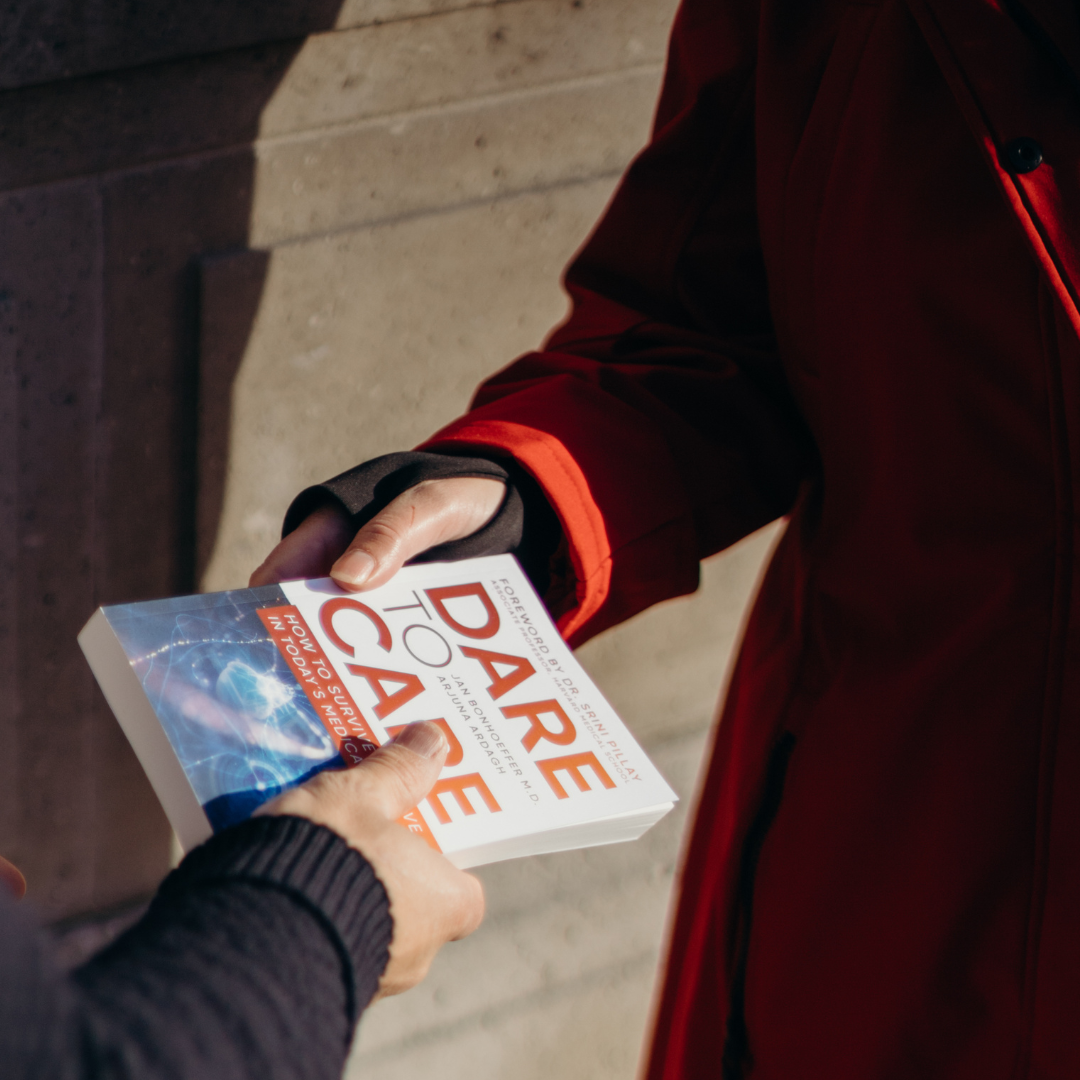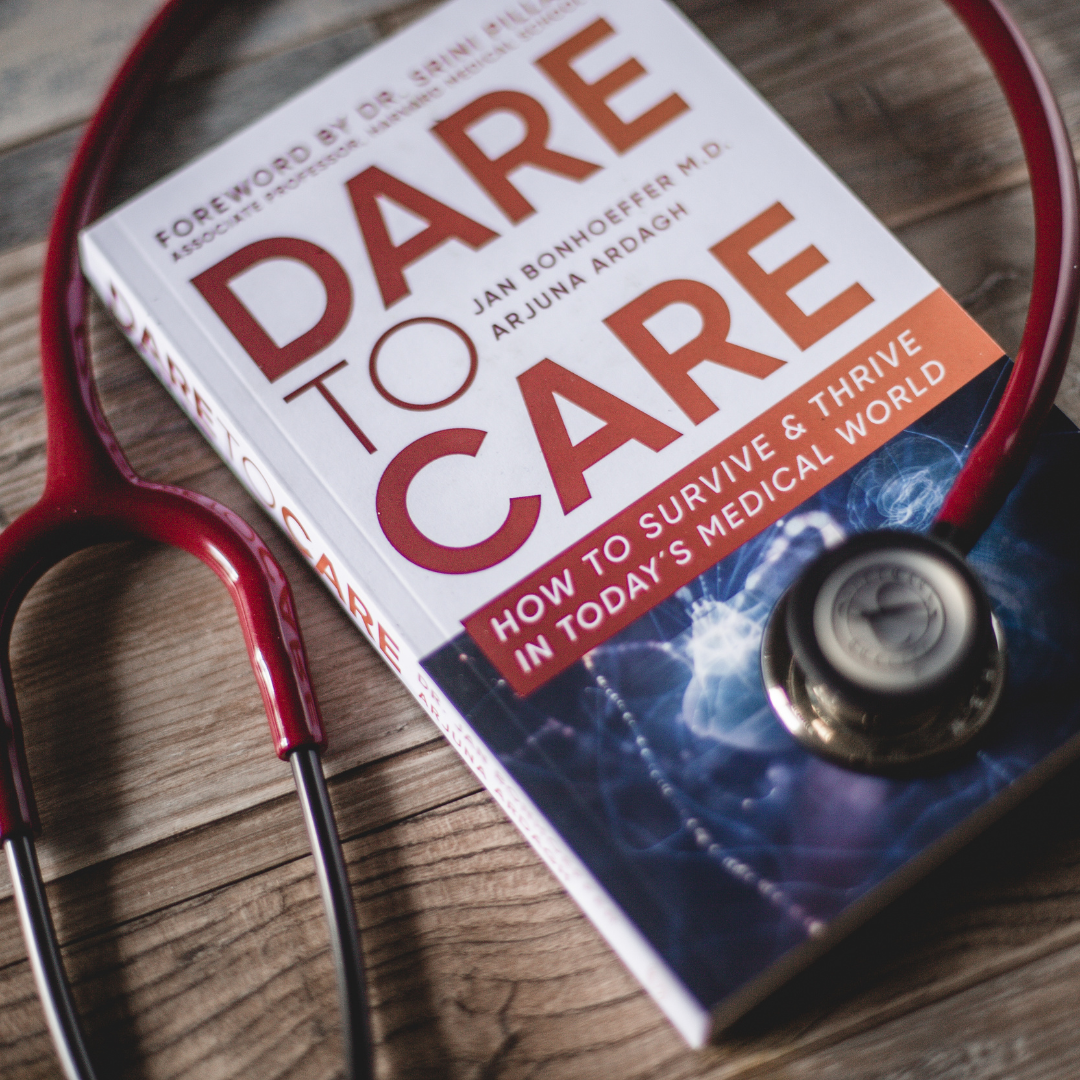“If we lose love and self respect for each other, this is how we finally die.”— Maya Angelou
‘Requesting admission for a previously healthy 14-year-old girl, found unconscious. Cause unknown. Expected time of arrival on the hospital roof is 30 minutes.’
As a young resident training in pediatrics, I was getting used to receiving emergency calls from the national rescue helicopter service. It was my third night shift of the week. Heavy rain was hammering against the dark window of my small neon-lit office and I’d just finished my fourth coffee from the vending machine. After checking with the head nurse on call I confirmed our availability.
As the double doors of the intensive care unit swung open, I was swept by a wave of cold air carrying the distinct smell of kerosene and disinfectant. The rain-soaked paramedic team rattled the squeaky-wheeled stretcher along the corridor at speed. Adrenaline surged through my tingling body as I hurried ahead in an attempt to get the earliest possible impression of what was going on.
I saw the girl’s pale and wet face, framed by shoulder-length brown hair, eyes closed. A transparent plastic tube fed into her mouth and was held in place by crossed tape over her lips as if to mute her. The tube was connected to a machine attached to the side of the stretcher, which pushed life-giving oxygen into her lungs. Another smaller tube was inserted in her nose to drain her stomach. A large intravenous drip and a selection of syringes delivered drugs into her bloodstream. The rest of her body was swaddled in a grey rescue blanket tied together by a set of belts attaching her to the stretcher.
The short, stout anaesthetist declared: ‘Good evening, this is Rebecca, a 14-year-old girl, about 45kgs with an unknown cause of coma. Glasgow Coma Scale of 6, heart rate 82, blood pressure 125/75. She has no signs of trauma or intoxication. Blood glucose is normal. We intubated her for airway protection. Intubation and ventilation well tolerated. No cardiovascular support required, transport smooth and without complications.’
Looking at him while he gave his report, I found myself impressed by his tanned and wrinkled face. I noted ‘This is what you look like when you are about 55 and your face is marked by working in all kinds of weather with a life dedicated to rescuing patients in emergencies.’
But in spite of all the paramedics’ experience and their high tech equipment, it was clear to me they didn’t have a clue what was wrong with Rebecca.
‘Thank you for the handover,’ I acknowledged and turned to examine Rebecca while the nurses connected her to our monitors and machines. I felt like a robot calculating algorithms in the face of a beautiful unconscious girl. Her body was present but she seemed detached from her personality, her daily life and her family.
After several hours of tests on Rebecca’s blood, urine and brain fluid her parents arrived by car. Her young father was nervous and stressed and her red-eyed mother had clearly been crying a lot. The acrid smell of cigarettes wafted from them both as they pressed to see Rebecca. At her bedside, the consultant on call explained everything that had happened since her parents had last seen her at home.
Both parents reported that they had tried to contact all her friends and relatives in the search for a clue to her present condition. But all they could conclusively offer was: “Rebecca was a bit more ‘closed’ to us in the last few days but we thought it was just part of being a teenager.”
My consultant explained: ‘Unfortunately, we haven’t been able to identify the cause of Rebecca’s coma so far. However, her condition is stable and we’ll need to wait for a series of pending test results until we can get more clarity. You can be with Rebecca anytime, but we have a room next door, especially for parents with children on our unit. It’s probably best if you rest there for a while and we’ll call you if anything changes or as soon as we have more news.’ The parents decided to sit with Rebecca for a bit longer. They held her hand, spoke to her, stroked her, but there was still no response.
Much later, I stood at her bedside and reviewed the charts from the last hours for clues. The unit was quiet, the light was dim. Rebecca lay motionless in a room with four other children accompanied by beeping monitors and hissing ventilators. The tube had been taken out of her airway and she could breathe by herself again. However, when I re-examined her, she was still unconscious without any response to words or even light pinching.
As I gazed into her expressionless face, I was overwhelmed by a tremendous sadness. I had no idea where it was coming from. There was nothing in my life at the time to give rise to this feeling. I was struggling to hold back the tears as I pulled up a chair and sat down next to her. Finding myself holding her hand, looking into her face, uttering these words:
‘Rebecca, I would really like to find out what is going on with you and how I could possibly help you.’
I was amazed when she actually opened her brown eyes, squinted at me and closed them again! Like a vivid daydream, the entire story of the last few hours played out in my head. I ‘saw’ her being found unconscious, then all the dramatic and painful things she had experienced since including a venous puncture and the intrusion of a plastic tube being inserted into her airway and removed again. Sensing the cold rain, the helicopter flight – all of it raced through my mind. I could not possibly compute how she could have experienced all this without any response!
Suddenly she opened her eyes again and whispered: ‘Really? Do you?’
Lightheaded, goosebumps all over, I could not move. I just looked sincerely into her eyes, nodded and whispered ‘Yes! Tell me!’
After a little while she continued in a whisper: ‘You know, I felt lonely…like really… as if there was no one else…there was nobody I could talk to and I just didn’t feel like myself anymore.’ Slowly she revealed the full story. ‘Someone really hurt me, so deep I don’t want to live anymore. I feel ashamed, I don’t want my parents to know, and I just want to die.’
Rebecca didn’t want to talk about it further, but agreed to at some point. ‘So did you feel any of what happened to you since the paramedics picked you up?’ I asked.
‘No I couldn’t feel anything. But I saw everything.’
‘From where?’ I asked.
She startled and said ‘Just like that’. Still suspended in disbelief, I asked her how she could explain that her vital functions didn’t show any stress response. She just shrugged her shoulders. ‘I guess I turned everything off.’
That night I learned about the power of the invisible in patients and the impact of compassionate presence on healing.
We spent the hours talking in between rests and I called for her parents in the morning. All the tests came back normal and we decided that it was best for Rebecca to be transferred to a psychiatric ward for crisis intervention.
So that was it. She was transferred to another hospital and I did not see or hear from her again.
When I told this story to a dear friend, he asked, puzzled ‘What happened to her, Jan? What was the trauma? How is she now?’
My confusion was obvious. ‘I don’t know.’
‘What??’ he exclaimed in bewilderment. ‘You haven’t heard from her again? You have no idea what happened to her? How is that possible?’
I explained ‘Well, I had done what I could on intensive care.’
‘Yes, but how can you have such an important moment, such an intimate encounter with a patient who’s fully vulnerable and opening up to you – trusting you – and then you refer her on and do not even know what happened?’
A very good question and one I find uncomfortable even today. I still regret not following up with Rebecca.
It took me a while to understand that I had become numb during the first years of my training. I felt medical objectification was normal and I had devalued the sacredness of human to human connection in favour of evidence-based medicine, professional distance, and good conduct in a highly structured health system.
It became more and more apparent to me that the system was primarily designed to manage disease.
Unless the healthcare professional manages to cultivate a sympathetic healing environment within the constraints of the system there is not much room for compassion.
If you’ve experienced a situation where you found yourself numbed by your medical education or over-constrained by the healthcare system and you are ready to tell your story, we would love to hear from you.
The story above is based on personal experiences. Places and names are fictional.
